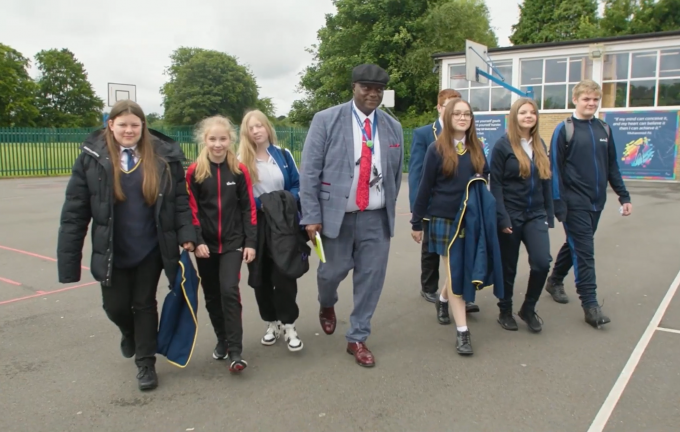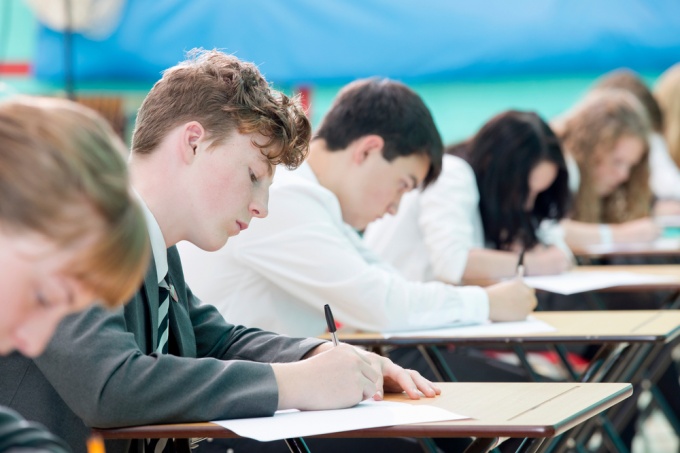A subconscious reaction to perceived threats
The fight, flight or freeze response is our body’s way of responding to danger. It’s crucial for survival and enables us to respond to situations quickly.
In this 20-minute podcast we:
- explain the neuroscience that underlies these subconscious responses
- highlight potential triggers in the classroom
- share useful strategies for managing and de-escalating discharge behaviours
- explain why self-regulation is so important for learning
Press play below
Over to you
At Thrive, we’ve been supporting educators to help young people self-regulate and engage with their learning for over 25 years. If you’re seeking calmer classrooms, engaged learners and improved attainment, click here to book a Discovery Call with your regional expert. Designed to fit in around your schedule, these free 30-minute conversations via Teams give you a chance to have your questions answered, decide if our service is a fit for your needs, and identify if you qualify for a £1,200 DfE grant to spend in your setting.
Pass it on
Small actions can lead to a big ripple effect. If you enjoyed this post or found it helpful, please consider supporting us in our mission to help every child and young person feel safe, supported and ready to learn by sharing it using the social media buttons below.
Want to join a like-minded community of senior leaders and classroom staff benefitting from insights and strategies to improve attendance, behaviour and attainment? Add your email address below. (It’s easy to unsubscribe).



_680.jpg)

(1)_680.jpg)
